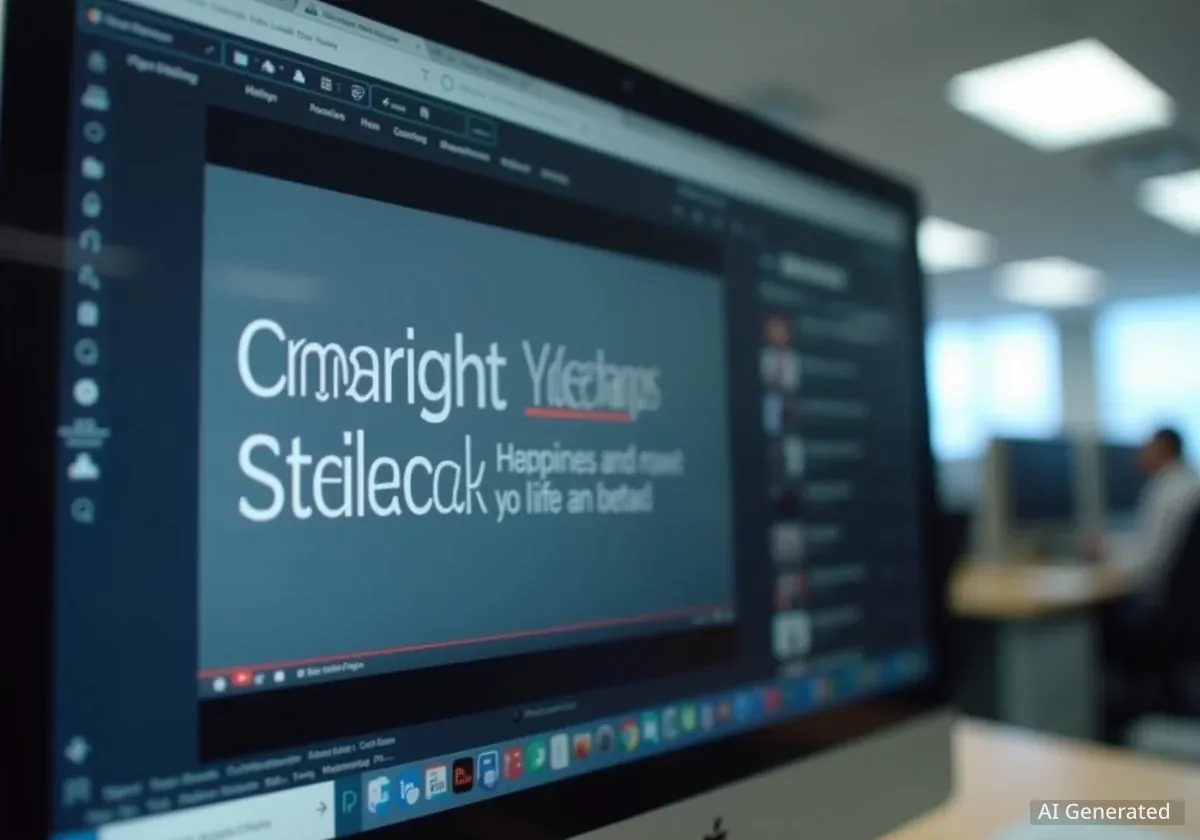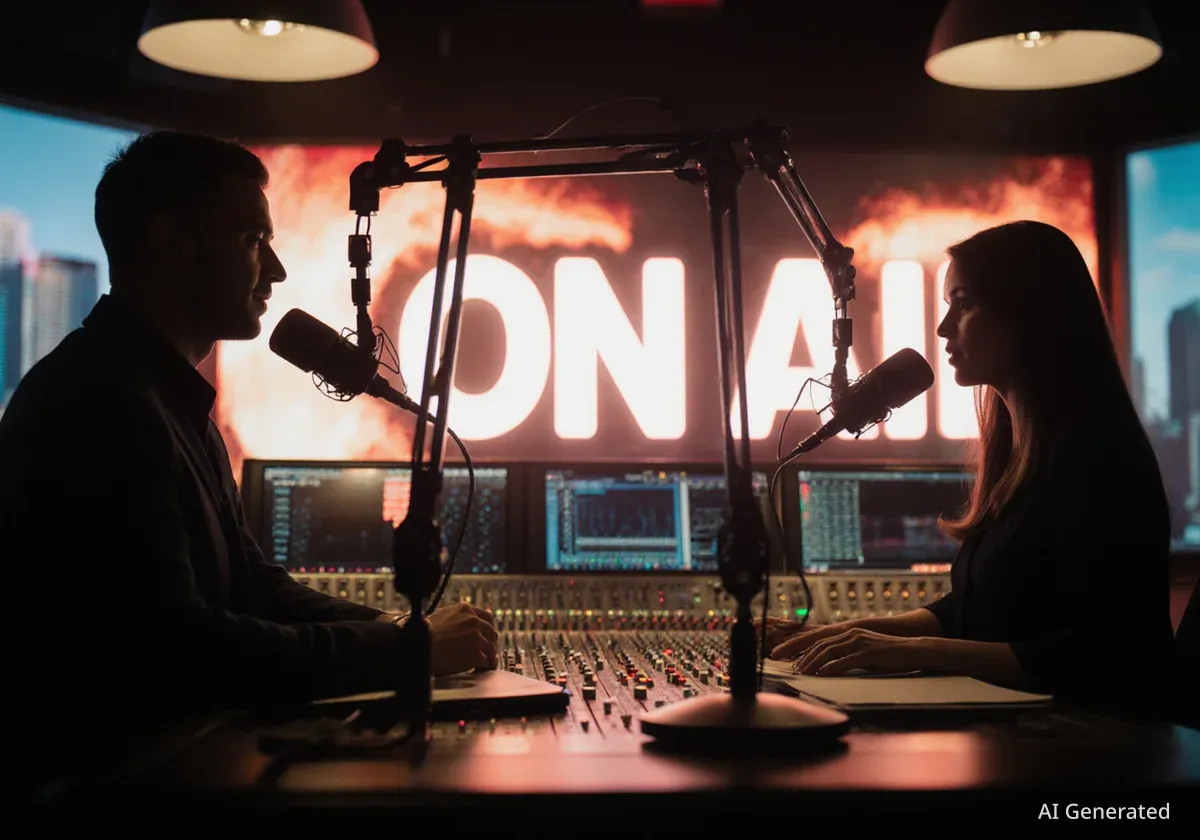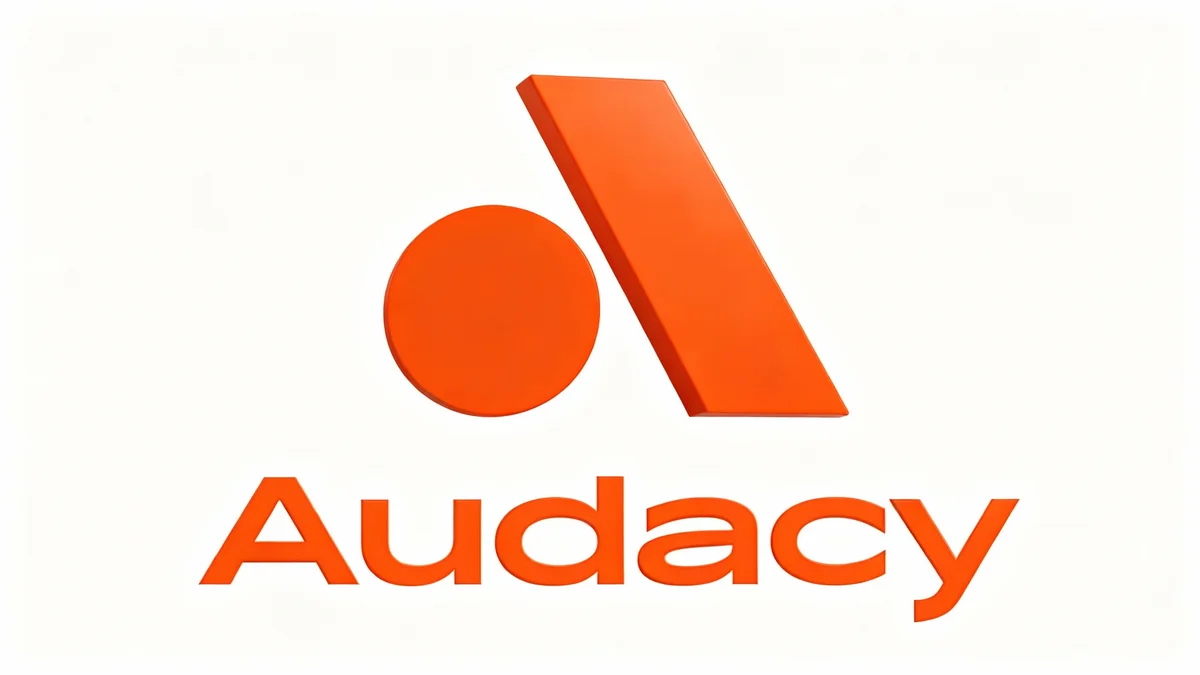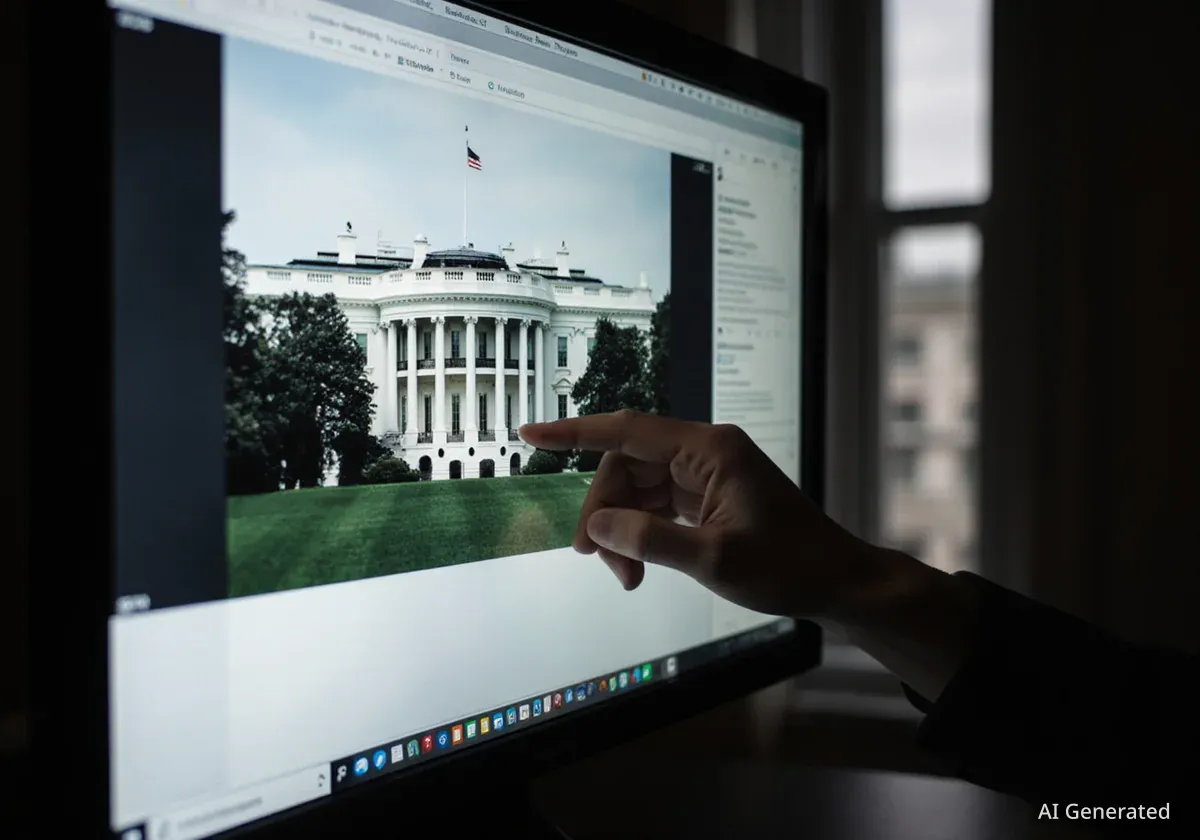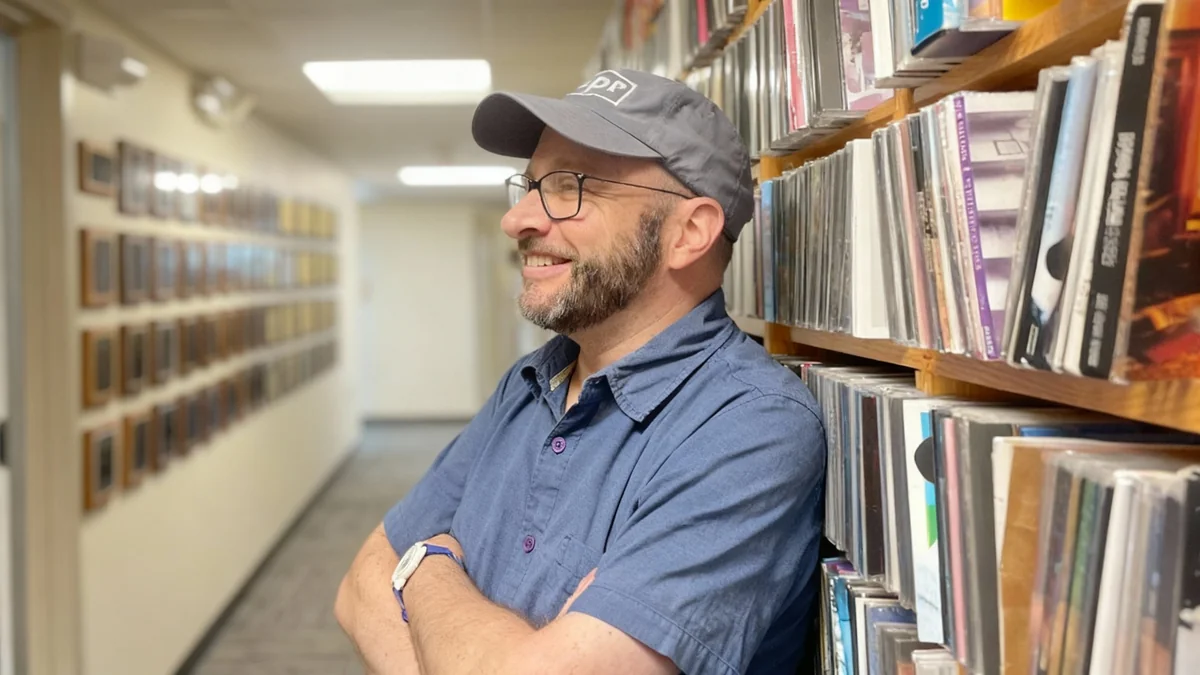The Department of Homeland Security (DHS) has removed a social media video that featured The Cure's popular song, 'Friday I'm In Love.' The video, which had been posted on DHS channels, was taken down following a Digital Millennium Copyright Act (DMCA) request. This incident highlights ongoing issues regarding unauthorized music use in government and political campaigns.
Key Takeaways
- DHS removed an ICE video featuring The Cure's 'Friday I'm In Love.'
- The removal occurred due to a DMCA copyright takedown request.
- The video, titled 'Life After All Criminal Aliens Are Deported,' was posted on October 2nd.
- It contained unusual clips, including Donald Trump and 'Twin Peaks' scenes.
- Similar incidents involved comedian Theo Von and rock band Blue Öyster Cult.
DHS Takes Down Controversial Social Media Post
The video in question was initially published on October 2, 2025, across the Department of Homeland Security's social media platforms. It carried the title, 'Life After All Criminal Aliens Are Deported.' The content of the video was a montage of various unusual clips. These included footage of former President Donald Trump from the 1980s and scenes from the television series 'Twin Peaks' by David Lynch.
The post on X (formerly Twitter) garnered significant attention, accumulating over 23 million views before its removal. The video was removed specifically because of a DMCA takedown request. While the video is no longer available on X, and has been muted on DHS's Instagram account, it reportedly remains accessible on their Facebook page.
Video Statistics
- Initial Release: October 2, 2025
- Title: 'Life After All Criminal Aliens Are Deported'
- Platform with Most Views: X (formerly Twitter)
- Views Before Takedown: Over 23 million
- Reason for Removal: DMCA takedown request
Artist Rights and Unauthorized Content Use
This incident is not isolated. Artists and public figures have increasingly faced situations where their work is used without permission by government entities or political campaigns. These situations often lead to legal challenges and public statements from the affected parties.
For example, last month, comedian Theo Von publicly asked the Department of Homeland Security to remove an unauthorized clip of him. This clip was part of a different video promoting deportations. Von expressed his frustration on X, stating that he had not approved the use of his image.
"Yooo DHS i didnt approve to be used in this. I know you know my address so send a check. And please take this down and please keep me out of your ‘banger’ deportation videos. When it comes to immigration my thoughts and heart are alot more nuanced than this video allows. Bye!"
— Theo Von on X
Von's statement highlights the concerns artists have about their public image and the political messages they are associated with. He emphasized that his views on immigration were more complex than what the video suggested.
Background on DMCA
The Digital Millennium Copyright Act (DMCA) is a United States copyright law that implements two 1996 treaties of the World Intellectual Property Organization (WIPO). It criminalizes production and dissemination of technology, devices, or services intended to circumvent measures that control access to copyrighted works. It also heightens the penalties for copyright infringement on the internet. A DMCA takedown request is a formal notice to an online service provider to remove copyrighted material.
Music in Political Campaigns: A Recurring Issue
The use of copyrighted music in political contexts without proper authorization is a recurring issue. Many artists prefer not to have their work associated with specific political messages or figures. This often leads to disputes over intellectual property rights.
Another recent example involved the rock band Blue Öyster Cult. Their hit song, '(Don’t Fear) The Reaper,' was used in an AI-generated video posted by former President Trump on his social media platform, Truth Social. The video depicted Trump in a black cloak, playing a cowbell, with JD Vance on drums. On-screen lyrics attacked the Democratic Party, including phrases like, "Dems, you babies, Here comes the reaper," and "Gonna tie your hands, Cry baby end your plan."
According to Blue Öyster Cult, they were not contacted or notified in advance about the song's use. The band further clarified that Sony Music owns the copyright to the song. This means the band itself has "no legal right to either authorize or withhold usage." This situation illustrates the complexities of music rights, where the creator of a song may not always control its licensing for commercial or political use.
Legal and Ethical Considerations
- Copyright Ownership: Often, the record label or a publishing company, not the artist, holds the primary copyright to a recorded song.
- Licensing Requirements: Any public use of copyrighted music, especially in promotional or political content, typically requires a license.
- Artist's Control: Artists often have limited control over how their music is used if they do not own the full copyright.
- Public Perception: Unauthorized use can lead to negative public perception for both the artist and the entity using the music.
The Broader Impact on Digital Content
These incidents underscore the challenges of managing digital content and intellectual property in the age of widespread social media. With videos and memes capable of reaching millions instantly, the speed at which unauthorized content spreads often outpaces traditional legal processes.
The Department of Homeland Security's prompt action in removing The Cure's video, following a DMCA request, indicates a response to copyright enforcement. However, the fact that the video remained on Facebook for some time shows the varying enforcement policies across different platforms.
As digital platforms continue to evolve, the legal frameworks surrounding content usage will likely face further scrutiny. Artists and copyright holders will continue to assert their rights, ensuring their creative works are used appropriately.
